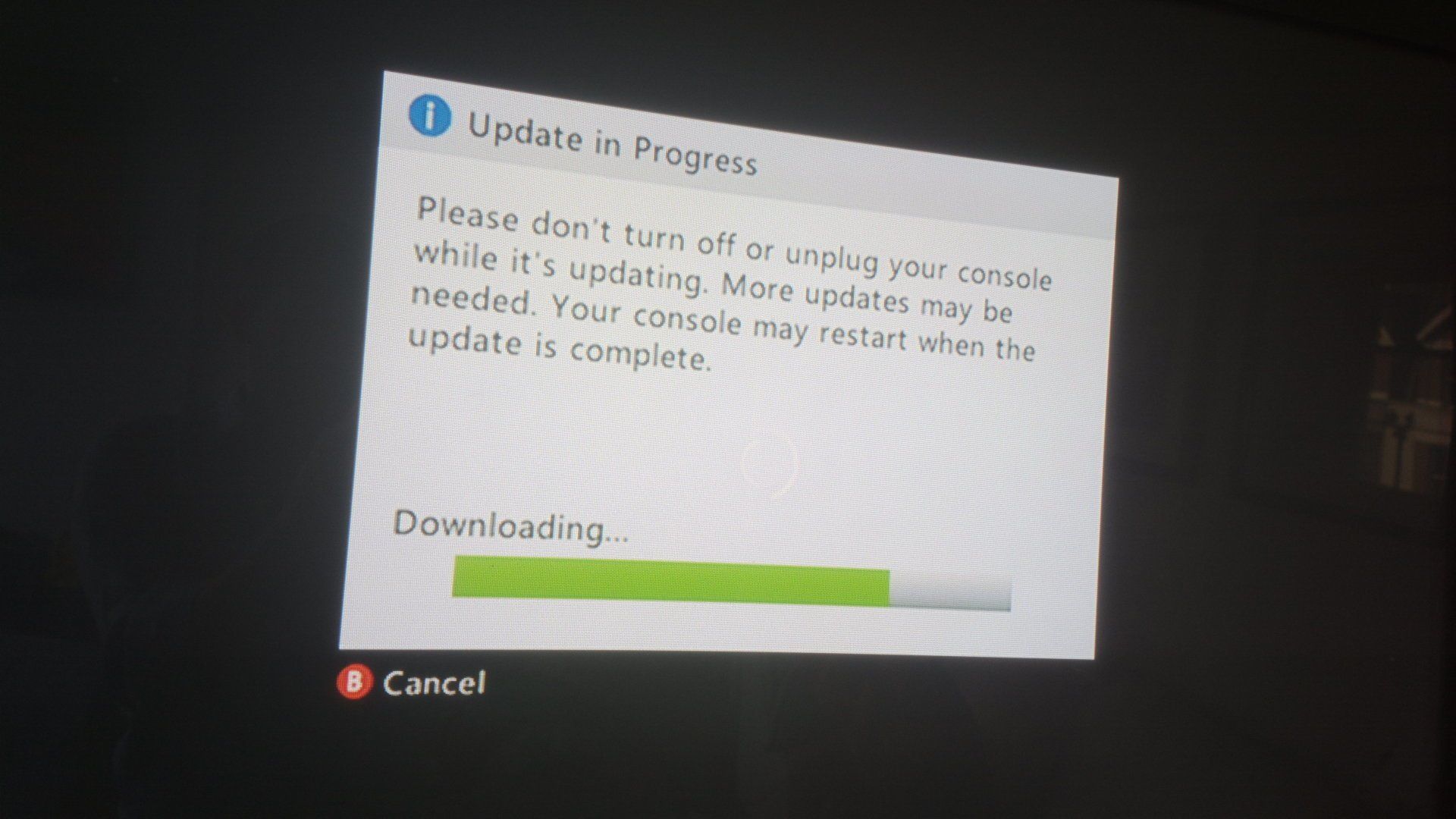How Does an Executor Obtain a Credit Report for Decedent?
websitebuilder • September 30, 2019
“While it’s not something many people think about until faced with the issue, obtaining a credit report for a deceased person is important. You may need to make sure the credit report is accurate and take stock of any creditors you need to notify of the death or see if there’s any unresolved debt that you’re not aware of.”

Obtaining the credit report for a decedent is important to protect their assets before any criminals target them for identity theft and credit card fraud, advises credit.com in the article “Dealing with a Credit Report for the Deceased.” Speed is of the essence for this estate task.
In most cases, the only person who is the subject of the credit report should have access to it. However, there are times when you need to pull someone else’s report, such as when a loved one dies. Other instances are when an employer is checking on a potential employee’s credit, or when a landlord wants to know more about a tenant.
To obtain a living person’s credit report, you must have permission. Permission can be granted on a rental or job application. You’ll also need their Social Security number, name and date of birth.
For someone who has passed, it isn't as simple as cutting up those cards and disposing of them. It is recommended that you notify the three credit bureaus as soon as possible after a death to make sure the account is marked as “deceased,” so no one can open a credit card account in the person’s name.
If you are the executor and you need to obtain a credit report of a person who has passed, here’s what you will need to do to protect their legacy and obtain their credit report. First, you’ll need certain documents:
- Proof that you have been named executor of the estate
- Testamentary letters from the probate court
- An official copy of the death certificate
- You should get several copies of each of these documents, since you will also need them for other aspects of the estate.
Before you can obtain the credit report, the will needs to be filed with the probate court. Your estate planning attorney can do this for you, as part of settling the estate. Once all the documents are in order, you’ll need to report the death and contact the three bureaus: Experian, TransUnion, and Equifax. You’ll also want a cover letter explaining that the person has passed and that you need the reports to settle the estate.
The letter should include the decedent’s name, their last known address and their Social Security number. There may be a fee, depending on the company’s policies.
Review the report thoroughly and check for any inaccuracies. Make note of any open accounts that need to be paid with the estate or notified of the death. Debts are not all cleared when a person dies, so you’ll want to know what needs to be taken care of. Look for anything suspicious. It could be a sign of theft or fraud.
The last step is to notify the credit bureaus, outstanding creditors and the Social Security Administration of the person’s death. Once proper notification has taken place, the bureaus will mark the credit record as being deceased. No further credit will be extended in the person’s name and no additional accounts can be opened.
Reference : credit.com
(Aug. 27, 2019) “Dealing with a Credit Report for the Deceased.”

When names change, executing documents with the person’s prior name can become problematic. In estate planning documents, where there are risks about being able to make decisions in a timely manner or to mitigate the possibility of an estate challenge, a name change to update documents is an ounce of prevention.

Even if you have taken good care of your finances over the years, adding a child to the family can change your financial situation significantly. This is why experts recommend parents begin planning for their financial security as soon as possible. Here are a few tips for parents on how to get started with financial planning.

With hurricanes, tropical storms and wildfires becoming routine events, data from the National Poll on Health Aging suggest that older adults, loved ones and their care providers should take time to prepare for how they will cope and communicate in an emergency. The question is not if something will occur, but when. Having a plan in place for disaster is important for seniors. So is having an estate plan, to prepare for life’s unexpected occurrences. If you don’t have an estate plan, speak with an estate planning attorney soon to have a will, power of attorney, healthcare proxy and other planning documents in place.







